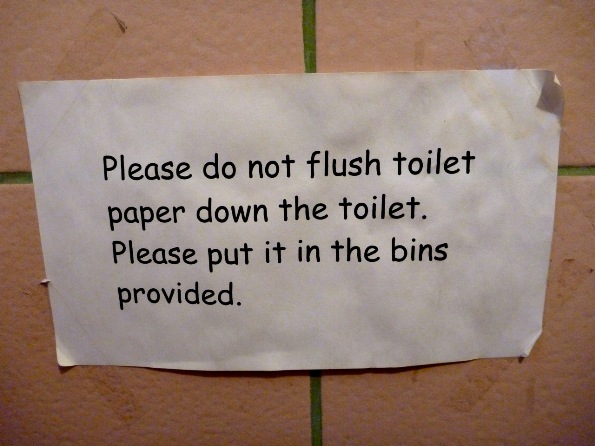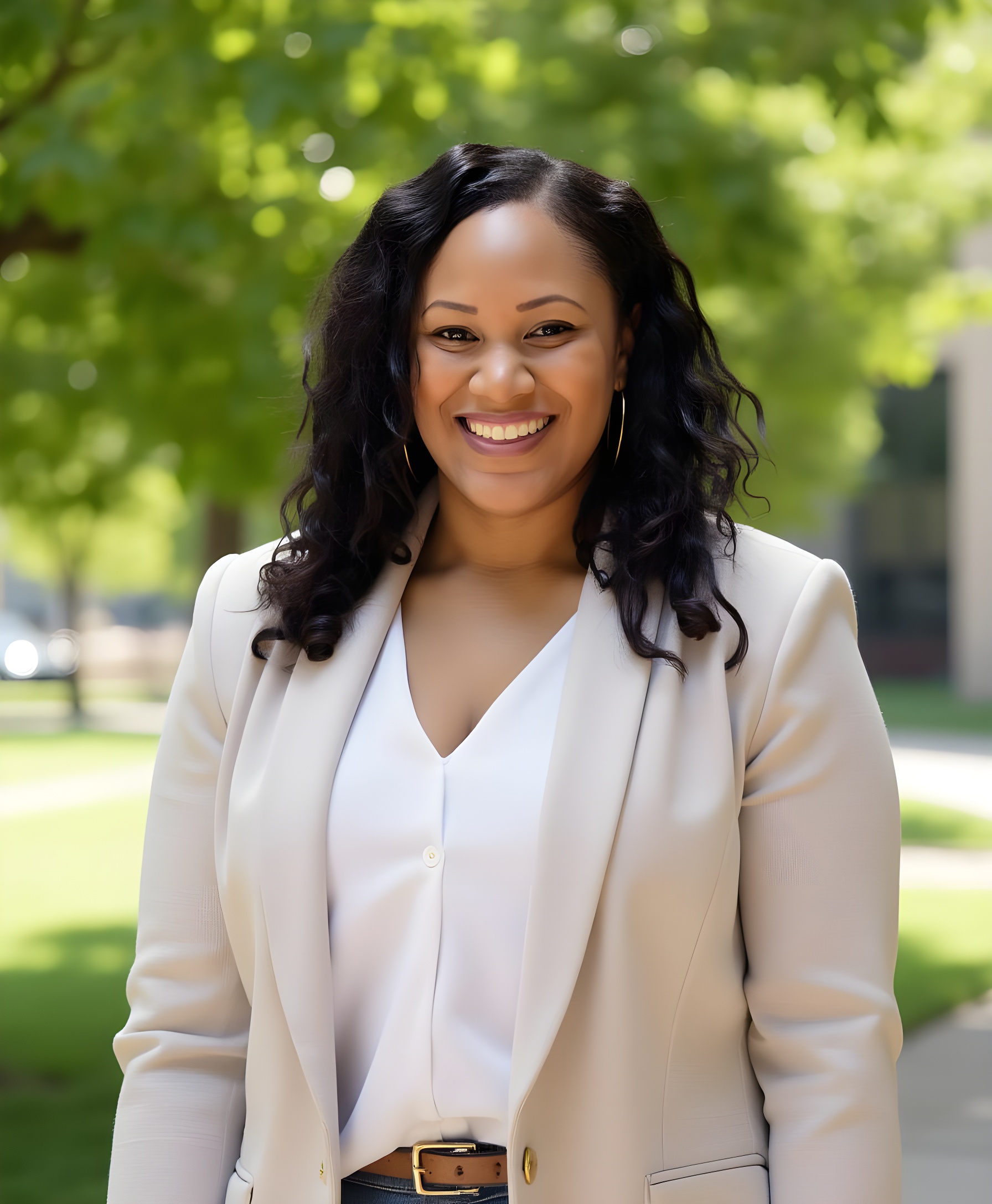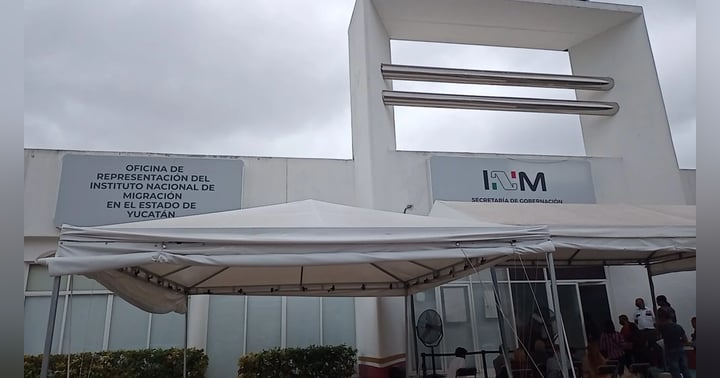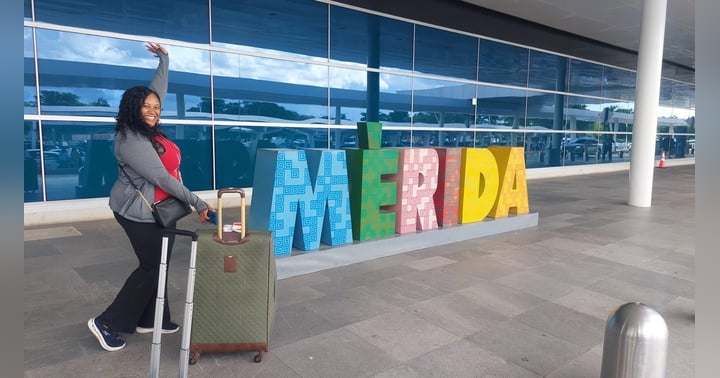Why You Can’t Flush Toilet Paper in Mérida | This Might Be a Bad Idea

If you’re planning a move to Mérida, here’s something most real estate listings won’t tell you: the city doesn’t actually have a centralized sewer system—and that’s exactly why you can’t flush toilet paper in Mérida. Yep, you read that right. With the exception of a couple of colonias (Colonia Alemán and San Miguel), every neighborhood here runs on individual septic tanks or biodigester systems. Before you panic or cancel your move, relax—it’s not as bad as it sounds. It’s just…different. And like most things in Mexico, it comes with a learning curve, a few funny stories, and some surprising life lessons.
Why Mérida’s Ground Won’t Cooperate
The Yucatán Peninsula is built entirely on limestone, which makes it beautiful to look at and terrible to dig through. It’s full of underground rivers and cenotes (those dreamy turquoise sinkholes), but that same geology makes deep plumbing a nightmare. Add a shallow water table, and you’ve got an instant flood risk every time you try to install a sewer line.
So, instead of a massive underground city system, Mérida relies on local septic solutions. Each home, restaurant, and business treats its own wastewater. It’s eco-logical, if not exactly glamorous.
Toilet Paper Etiquette: The Great Mérida Adjustment
Here’s the part that confuses nearly every newcomer — you can’t flush toilet paper in Mérida.
That’s right. Toilet paper and plumbing here are not friends. It’s not because anyone’s trying to be weird about it — it’s because of the pipes.
Older homes were built using red clay pipes, which over time crack, shift, and crumble. Even newer PVC pipes are narrower than those in the U.S. or Canada. Add a small septic tank, and paper doesn’t get far before it gets stuck. So, flushing paper means one thing: calling your plumber and pretending you don’t know why your bathroom smells like regret.
Instead, there’s a small bin next to every toilet for used paper. You drop it there, close the lid, and move on with your life. You’ll see these bins in homes, restaurants, cafés — everywhere. It’s not gross once you get used to it. It’s just how it’s done.
“When in Doubt, Don’t Flush.”
This golden rule is plastered across half the bathrooms in Yucatán — sometimes in Spanish, sometimes in English, sometimes with polite little cartoons.
If you’re unsure? Look for the bin. No bin? Then you can probably flush — but even then, be cautious. Some newer hotels or expat developments use modern biodigesters or mini-treatment systems that can handle paper.
When in doubt, do what the locals do: fold, don’t toss. (Yes, there’s actual folding etiquette. We didn’t make that up.)
Toilet Paper 101: The Brands, the Bins, and the Smell
Locals swear by brands like Elite, Kleenex, Regio, and the Costco favorite Kirkland — unscented, soft, and reliable.
Now, about the bin:
-
Pick one with a tight lid or a swing top. You don’t want to see what’s inside, trust us.
-
Line it with a lightly scented bag and change it often.
-
For extra freshness, toss a cotton pad with lemongrass or lavender oil in the bottom — a little trick we learned from seasoned locals.
Trash pickup happens about two or three times a week, but keep an extra sealed bin tucked away for in-between days.
What Those Street Grates Actually Do
You might assume all those street grates are part of a hidden sewer network — they’re not. They’re storm drains designed to catch rainwater during Mérida’s summer monsoons.
And if you’ve lived through rainy season here, you know: when it rains, it pours. These drains help, but they fill fast. Thankfully, thanks to Mayor Cecilia Patrón, the city’s been cleaning them out one colonia at a time — a very necessary (and very appreciated) improvement.
Homeowner Tips for Mérida’s “DIY” Plumbing
If you’re moving to Mérida or house-hunting here, here’s your plumbing starter pack:
-
Ask about your septic system. Newer homes may have biodigesters, which are cleaner and easier to maintain.
-
Schedule maintenance every 2–3 years. Don’t wait for a problem.
-
Avoid harsh chemicals. They kill the good bacteria your system relies on.
-
Never flush wipes, paper towels, or sanitary products. Ever.
-
Know where your drain field is. Don’t plant anything there — it’s not a garden zone.
So… Is It Unsanitary?
Nope. Not if you handle it right.
Change the liner often, wash your hands (frequently), and remember — this system has worked perfectly fine for millions of people for generations.
Yes, it’s different from what you’re used to, but it’s not gross. It’s just… Mérida. And once you adapt, it becomes second nature — like using pesos instead of dollars or avoiding errands during siesta hours.
A Little Perspective
Every expat has their “learning moment,” and for most, this is it. You don’t realize how spoiled you were by city plumbing until you’re standing in a Mérida hardware store asking, “Do you sell bins with lids?”
But honestly, this is what makes life abroad interesting. Mérida teaches you patience, humor, and respect for how locals work with nature — not against it.
Besides, once you’ve mastered septic systems, rainy seasons, and Spanish small talk with your plumber… you’re officially a local.


